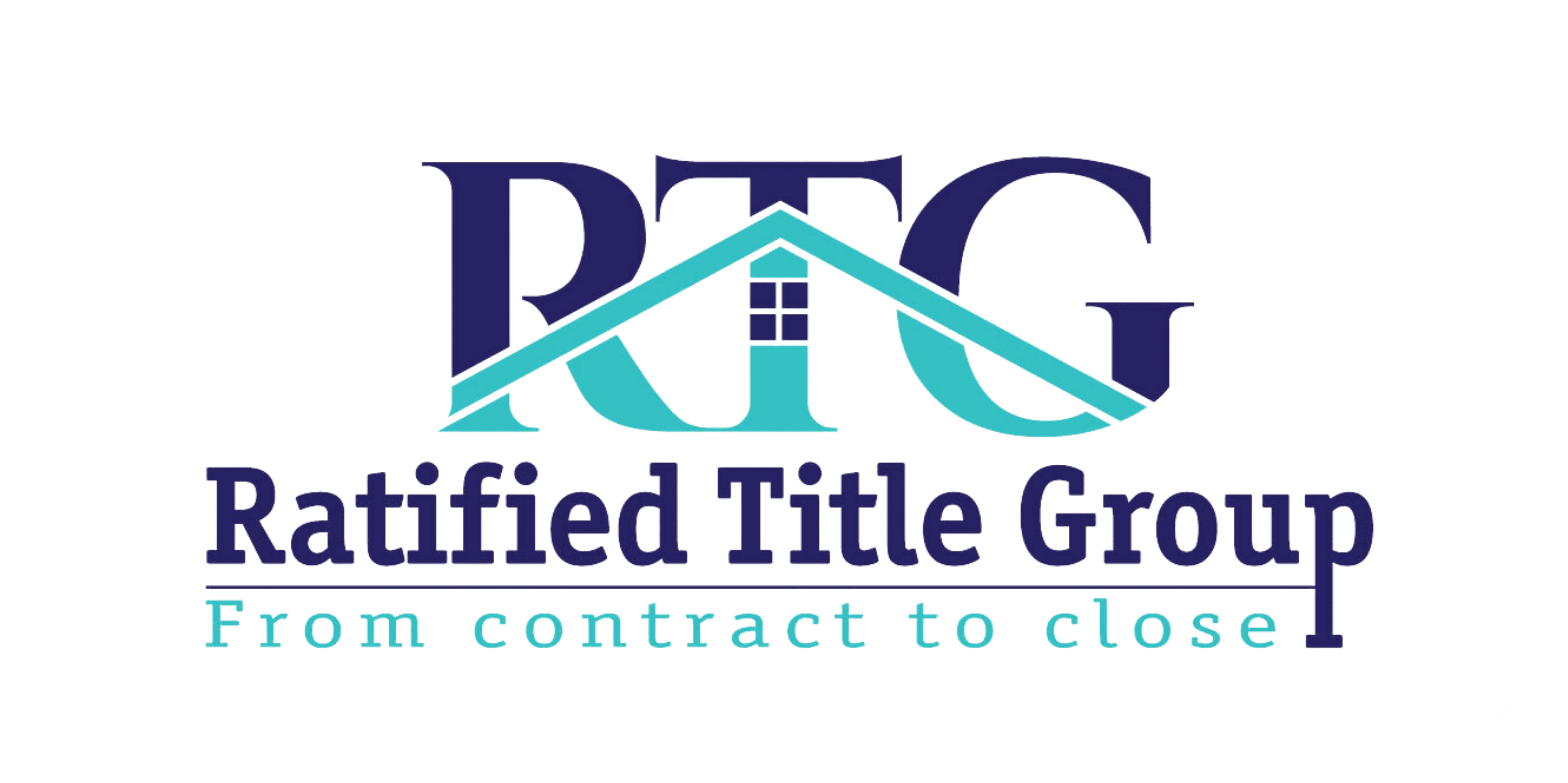Closing on a home is an exciting milestone, but it can also feel overwhelming. With the right preparation, you can navigate this process smoothly. In this guide, we’ll break down seven key steps to ensure your home closing goes off without a hitch, making sure you understand everything from title searches to settlement services.
1. Understanding the Closing Process
The closing process can seem daunting, but understanding the basic steps can alleviate much of the stress. It generally begins once your offer is accepted and involves several key players, including real estate agents, lenders, and attorneys. Each of these parties plays a crucial role in ensuring all legal requirements are met and that the property is transferred smoothly. By knowing who is involved and what their responsibilities are, you can feel more at ease as you move through the process.
Furthermore, it’s essential to be aware that there are several legal documents you’ll encounter. These documents serve as crucial indicators of your responsibilities and rights during the closing. One of the most important is the purchase agreement, which outlines the terms of the sale. A clear understanding of these documents will empower you to ask relevant questions and clarify any doubts you may have, enhancing your confidence as you approach the final stages of the transaction.
2. Gathering Necessary Documentation
One of the most critical steps in ensuring a hassle-free home closing is gathering the necessary documentation. This means pulling together items like your driver’s license, Social Security number, and proof of homeowners insurance. Additionally, you should have records of your income, tax returns, and bank statements handy. These documents not only verify your identity but also affirm your financial capacity to complete the purchase.
Don’t forget to gather any previous correspondence related to the home purchase, including any property disclosures from the seller. Approaching this task with a check-list can really help streamline your preparations. Keeping everything organized will save you time and frustration when those documents are requested during the closing process. When in doubt, don’t hesitate to ask your real estate agent what else might be needed—after all, your agent is there to help you!
3. Scheduling Your Closing Date
Scheduling your closing date is another key step that requires careful consideration. You’ll want to choose a date that gives all necessary parties ample time to prepare. Typical closings occur about 30-45 days after your offer is accepted, depending on your local real estate market and the specifics of your agreement. Proactiveness in scheduling can make a big difference, especially in coordinating with your moving plans.
It’s also important to keep in mind that schedules can change—unexpected delays may arise, requiring flexibility on your part. Always maintain open communication with your lender and real estate agent so that you can make any required adjustments swiftly. Being informed leads to a smoother transition for everyone involved.
4. Conducting a Title Search
Conducting a title search is a critical task that helps to ensure there are no outstanding claims or legal issues with the property. Essentially, this process verifies the seller’s ownership and checks for any liens or encumbrances. Engaging a professional title company or attorney to perform this search brings added security to the transaction, safeguarding your investment in the future.
During this phase, you may also wish to invest in title insurance. This will protect you against potential legal challenges regarding the ownership of the property that could arise after the closing. While these services may seem like added expenses, the peace of mind they provide is invaluable, ensuring that your path to homeownership remains unencumbered.
5. Reviewing Closing Disclosures
Reviewing closing disclosures is a pivotal step that cannot be overlooked. The disclosures outline the mortgage terms, including your monthly payment and interest rate, as well as itemized lists of settlement charges. These documents will typically arrive three days before your closing meeting, giving you time to digest the information fully. This is a moment where you should thoroughly scrutinize every detail.
It’s advisable to make a checklist of the costs involved, ensuring that nothing appears out of the ordinary. If you notice discrepancies or unclear items, prepare questions ahead of time for your closing agent. Armed with the right information and clarity, you can walk into the meeting feeling empowered and ready.
6. Choosing the Right Settlement Services
Choosing the right settlement services can significantly affect your closing experience. It’s important to select a reliable title company or attorney who specializes in real estate transactions. An experienced settlement agent will ensure that all legal aspects of the closing are addressed efficiently, including reviewing the documents and verifying the funds.
Take the time to research different providers and read reviews. You want a company with a solid reputation and positive feedback regarding their service level. Some even offer added conveniences, such as remote closings, which can save you time and travel if you have a busy schedule.
7. Final Walk-Through Before Closing
Conducting a final walk-through before the closing is a good practice that shouldn’t be overlooked. This allows you to ensure the property is in the same condition as when you agreed to buy it. It’s your opportunity to check for any repairs that had been promised by the seller and see if any new issues have arisen since your last visit.
During this walk-through, take your time; it’s not just a formality but an essential part of confirming the condition of your future home. If you notice anything that isn’t right, bring it up immediately so you can address it before signing any paperwork. This proactive approach can save you headaches in the long run, ensuring that your new home meets all your expectations.



